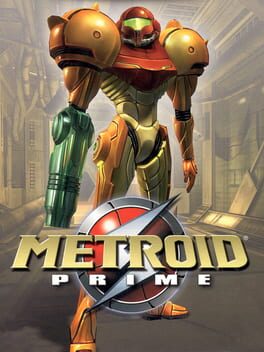A landmark video game steeped in as much doubt as excitement before its 2002 GameCube release, Retro Studios’s Metroid Prime is a solid title, made even better with the Wii Trilogy’s addition of motion controls. Much like Resident Evil 4: Wii Edition, Prime’s use of the Wiimote feels so natural and well-executed that it is almost surprising that it wasn’t designed for the console. Presentation-wise, Prime’s soundtrack and environment design are superb, establishing an engrossing atmosphere highlighting both the beauty and danger of Tallon IV. While playing, common songs become routine mainstays in your head, and they coalesce into an incredibly diverse catalog that masterfully reinforces the identity of the title. Minor grievances come from some awkward first-person platforming and a finicky grapple hook, but these are non-issues compared to what it gets right. Additionally, the game could have benefitted from a fast-travel system similar to Hollow Knight’s to cut down on the constant retreading, but its omission was likely a deliberate decision on Retro’s part.
Far and away the most commendable aspect of Metroid Prime is the hint system, which is both an endlessly helpful quality-of-life mechanic and entirely lore-believable concept. Samus’s suit collects data from the world, like detecting phazon or gravity disturbances, and relays that information to the player to help guide them to the next logical objective. It’s dynamic and based on what power-ups Samus currently has, so it always has the next piece of the puzzle. This single addition eliminates almost all of the frustration that comes with this genre.
Far and away the most commendable aspect of Metroid Prime is the hint system, which is both an endlessly helpful quality-of-life mechanic and entirely lore-believable concept. Samus’s suit collects data from the world, like detecting phazon or gravity disturbances, and relays that information to the player to help guide them to the next logical objective. It’s dynamic and based on what power-ups Samus currently has, so it always has the next piece of the puzzle. This single addition eliminates almost all of the frustration that comes with this genre.
